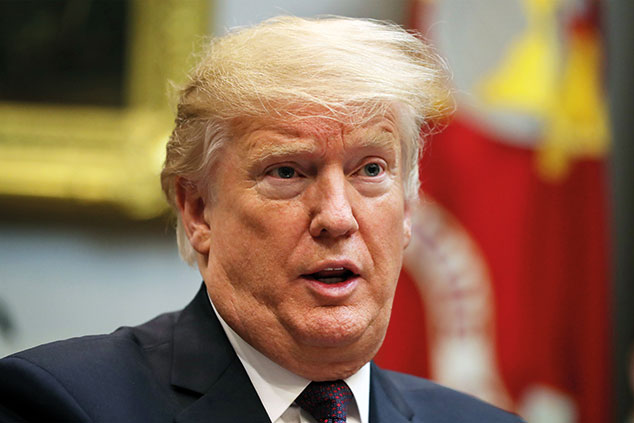
Although the Democrats continue to refuse to grant the president the $5.7bn in border wall funding he was requesting, he agreed to a bill that funds the US government until 15 February, thus enabling nearly 800,000 employees to return to work and receive delayed payment. The decision unilaterally to end the longest and most costly shutdown in government history was greeted with relief, but it has led to criticism from Trump’s own supporters that he “caved in”.
Trump’s “abject humiliation” was inevitable, says Michael Gerson in The Washington Post. Not only has he “lost the most visible and important confrontation of his presidency”, he’s also exposed the fact that his methods are “blunt and transparent”. His typical tactic is “to raise the stakes of a negotiation impossibly high”, then “make a maximal demand” trusting that “the triumph of his stronger will” will lead his opponent to submit before he does. The problem with such an approach is that “you can angrily hold your breath for only so long”.
Still, the perception that he “got owned” by House speaker Nancy Pelosi might tempt Trump to try and “salvage some political capital with the minority of Americans who still seem inclined to support him” by taking some new extreme measure, says The New York Times. Indeed, in his remarks announcing the halt to the shutdown he made “threatening noises” about “declaring a national emergency if Congress cannot reach a compromise by the time this agreement expires”. Polls suggest that such a move would be “wildly unpopular”, and might even encourage congressional Republicans to come to a deal without him.